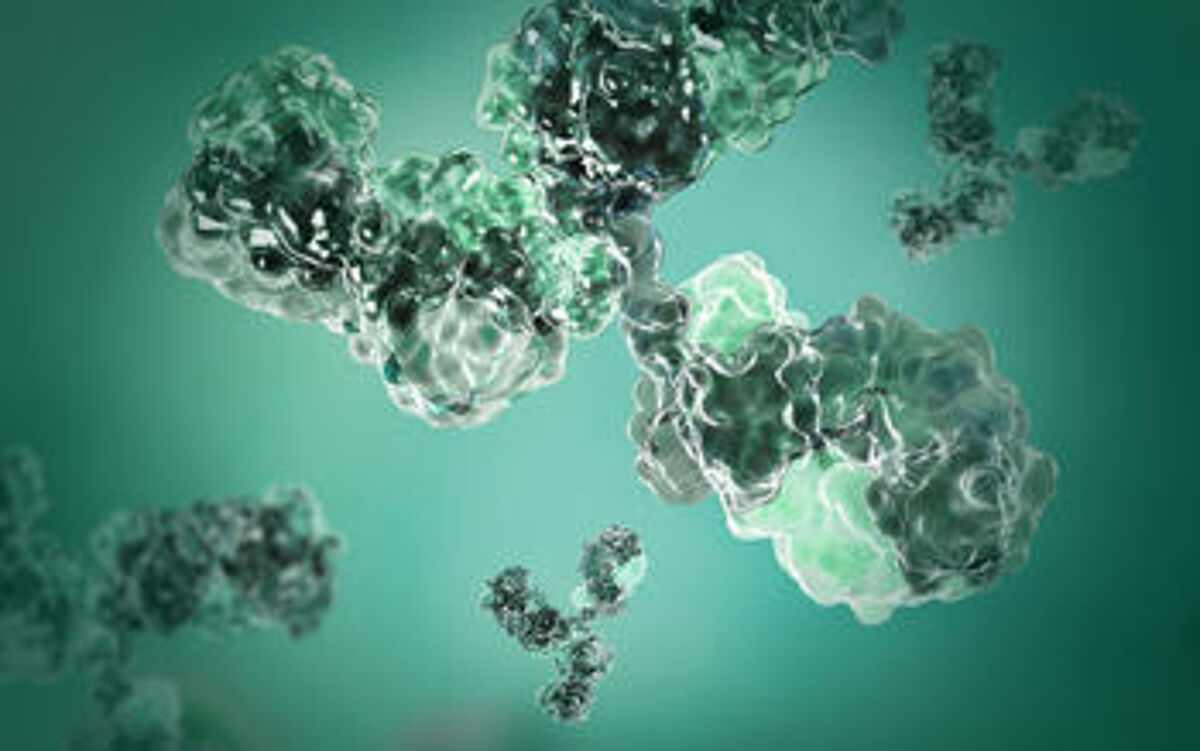Antigen Reagents: Essential Tools in Immunological Research and Diagnostics
Wiki Article

Introduction to Antigen Reagents
Antigen reagents are crucial components in the fields of immunology and molecular biology. These substances consist of molecules capable of specifically binding to antibodies, thereby triggering an immune response or allowing detection of specific biomolecules. Antigen reagents are widely used in laboratory research, diagnostic assays, and therapeutic applications, serving as the foundation for techniques that investigate immune function, disease presence, and biomolecular interactions. Their precision and specificity make them indispensable for understanding complex biological systems.
Types and Characteristics of Antigen Reagents
Antigen reagents can be derived from proteins, peptides, polysaccharides, or synthetic compounds. Protein antigens are often used to study antibody responses or develop vaccines, while synthetic antigens provide controlled, reproducible molecules for assay standardization. The characteristics of antigen reagents, including purity, stability, and specificity, directly affect the reliability and accuracy of experimental and diagnostic results. Researchers carefully select antigens based on their intended use, whether it is for detecting antibodies in patient samples or for stimulating immune cells in research settings.
Applications in Research and Diagnostics
Antigen reagents play a pivotal role in both research and clinical diagnostics. In research, they are employed to study immune responses, identify biomolecular interactions, and validate antibody specificity. Diagnostic applications include enzyme-linked immunosorbent assays (ELISAs), Western blotting, and immunohistochemistry, where antigens are used to detect the presence of specific antibodies or pathogens. The sensitivity and precision of these assays depend heavily on the quality of the antigen reagents, emphasizing their importance in generating reliable data.
Antigen Reagents in Therapeutic Development
Beyond research and diagnostics, antigen reagents contribute to the development of vaccines and immunotherapies. By mimicking pathogenic components or tumor-associated molecules, antigens can stimulate targeted immune responses, aiding in disease prevention and treatment. The design and optimization of antigen reagents are critical steps in ensuring that therapies are effective and safe, making them a cornerstone in modern biomedical innovation.
Conclusion
Antigen reagents are indispensable tools that bridge the gap between immune recognition and practical applications in research, diagnostics, and therapeutics. Their specificity and versatility allow scientists to study complex immune processes, detect diseases with high accuracy, and develop innovative treatments. As the understanding of immune mechanisms advances, the role of antigen reagents continues to expand, reinforcing their importance in scientific and medical progress.
Report this wiki page